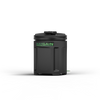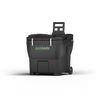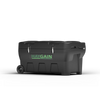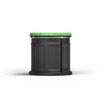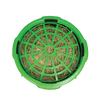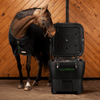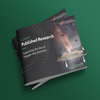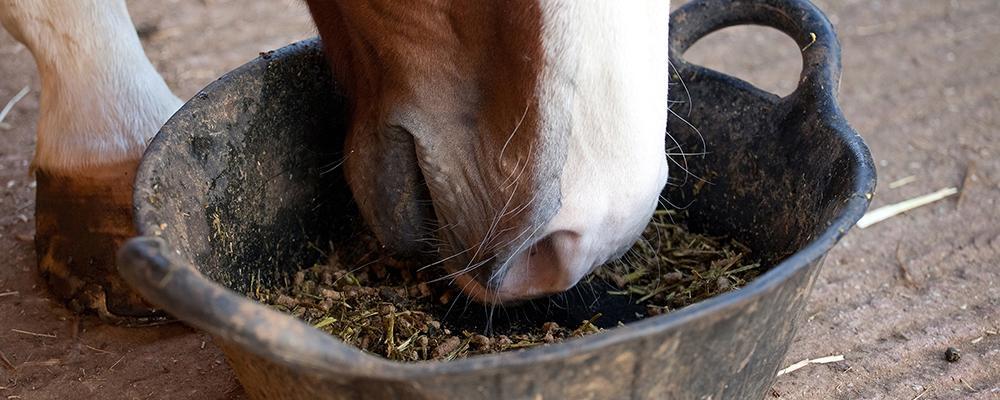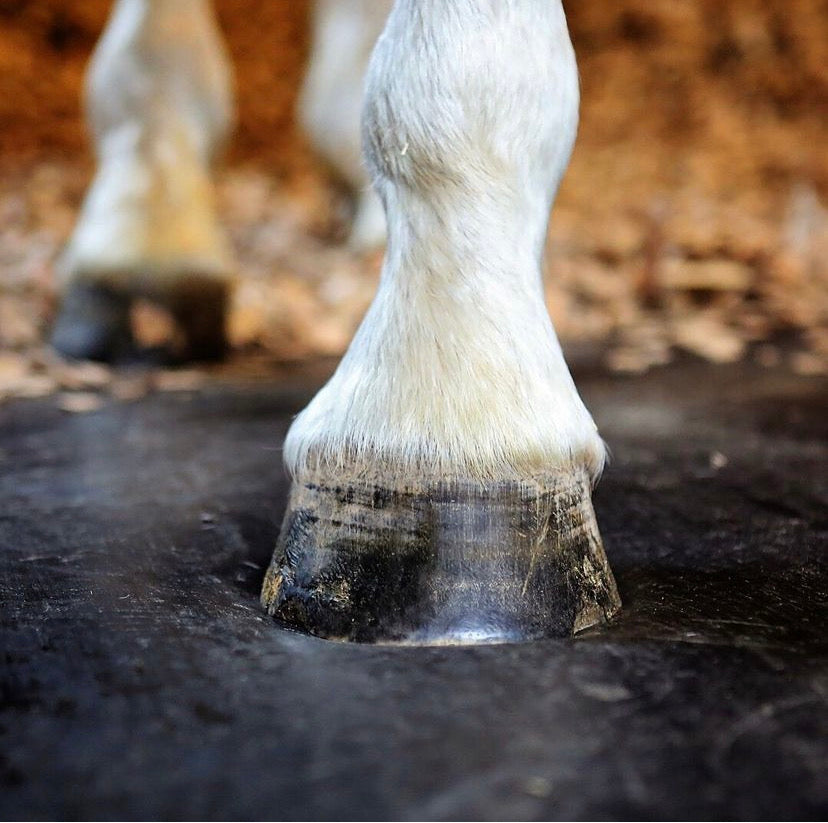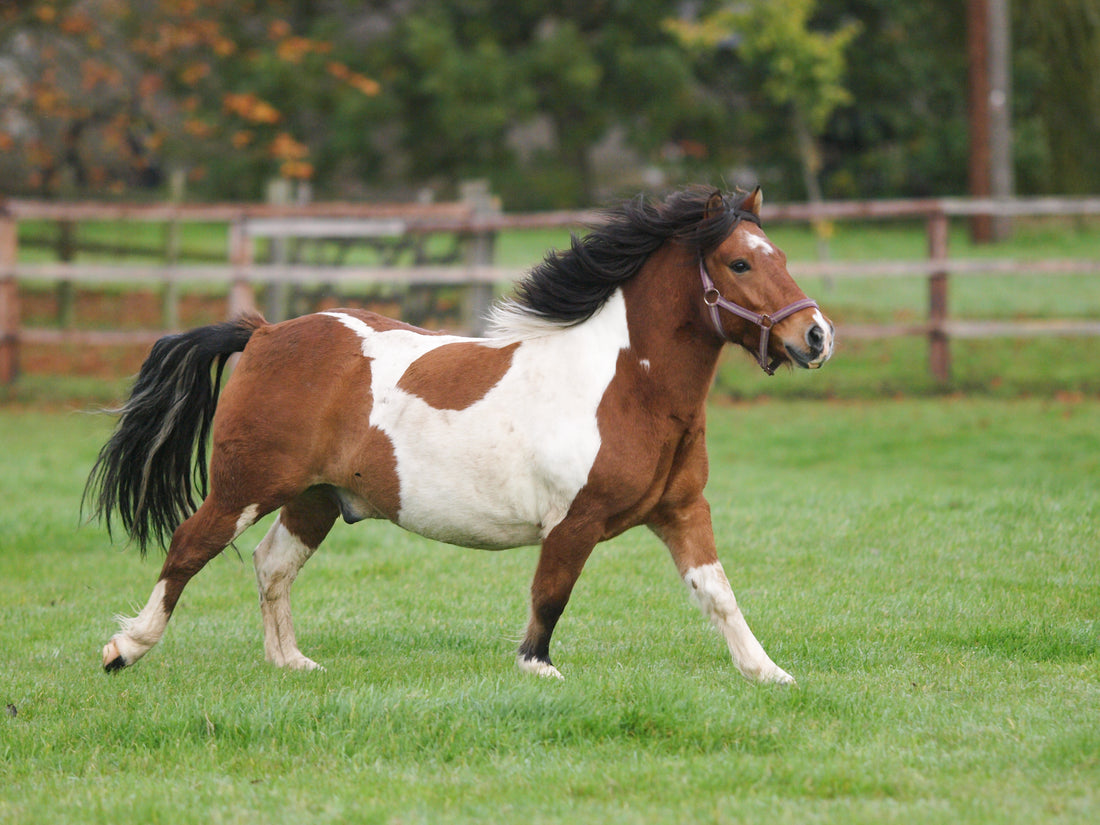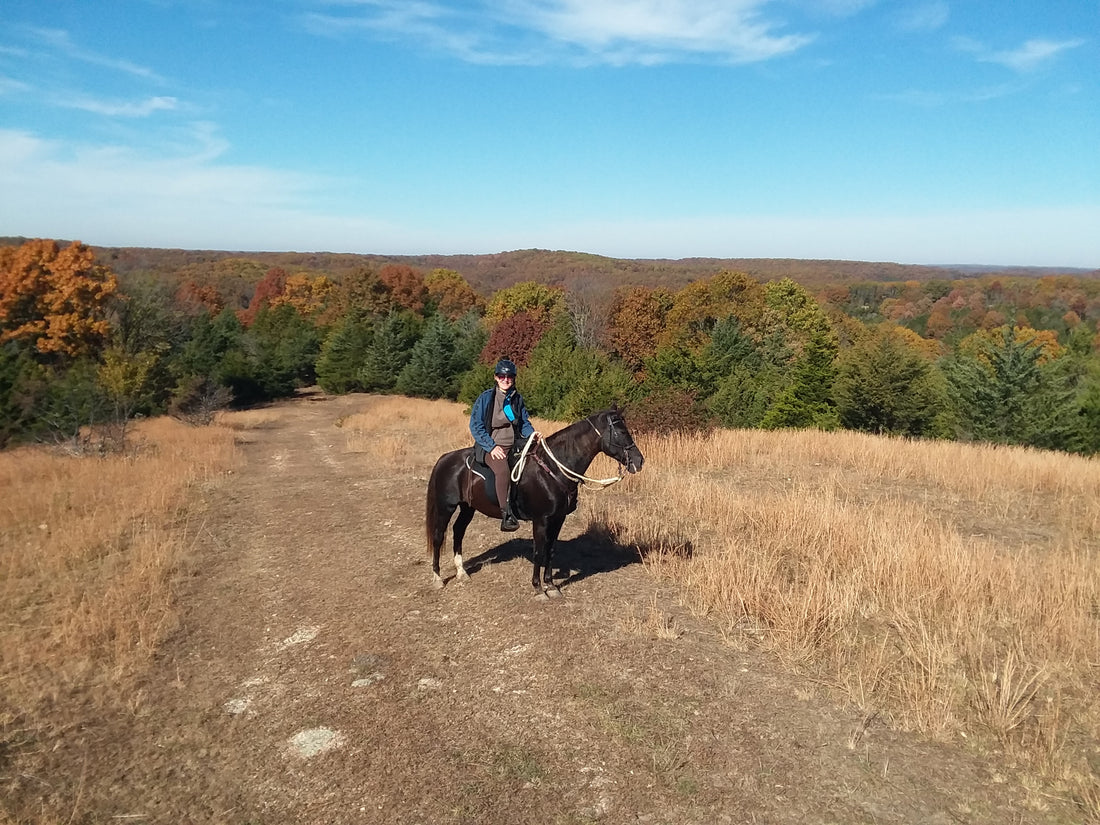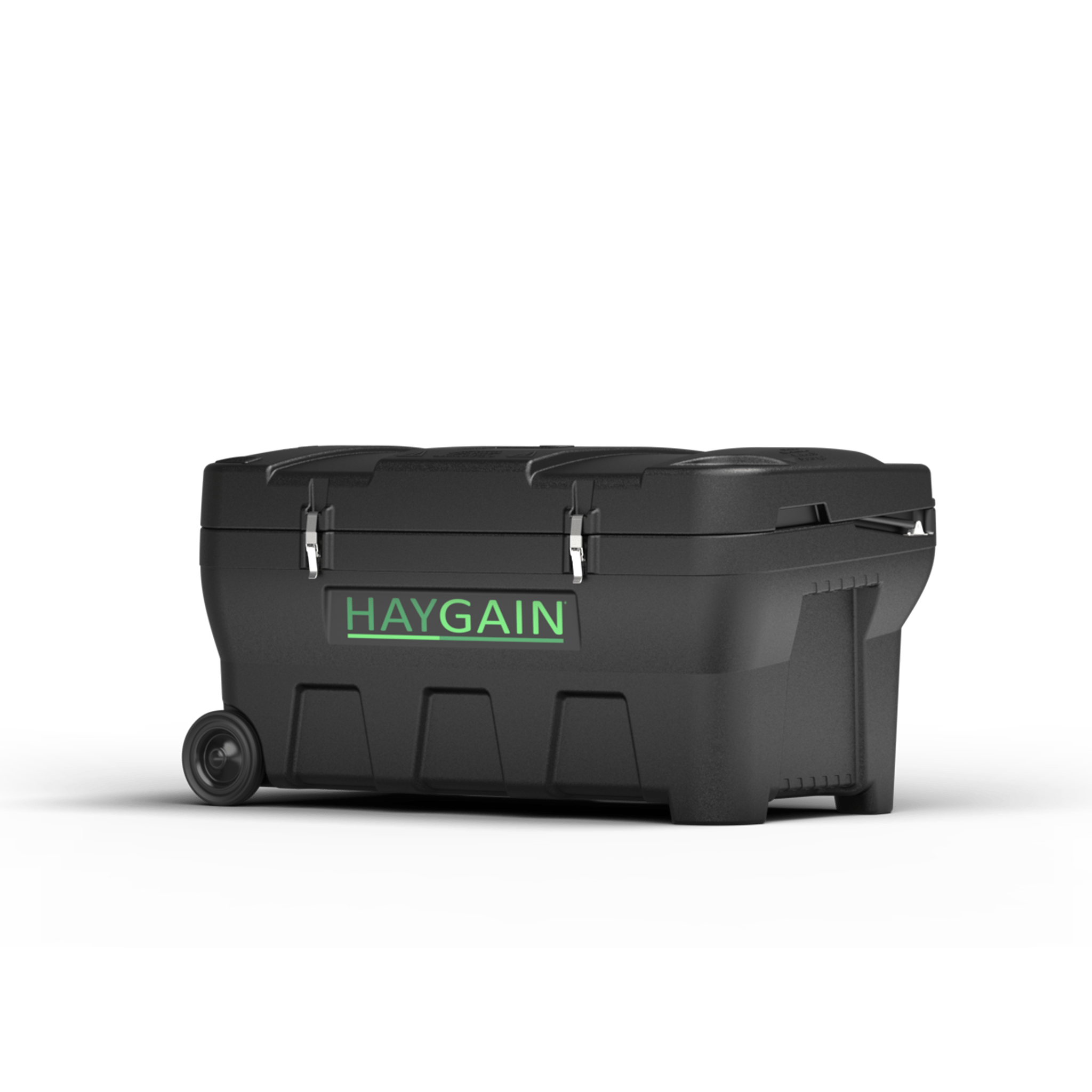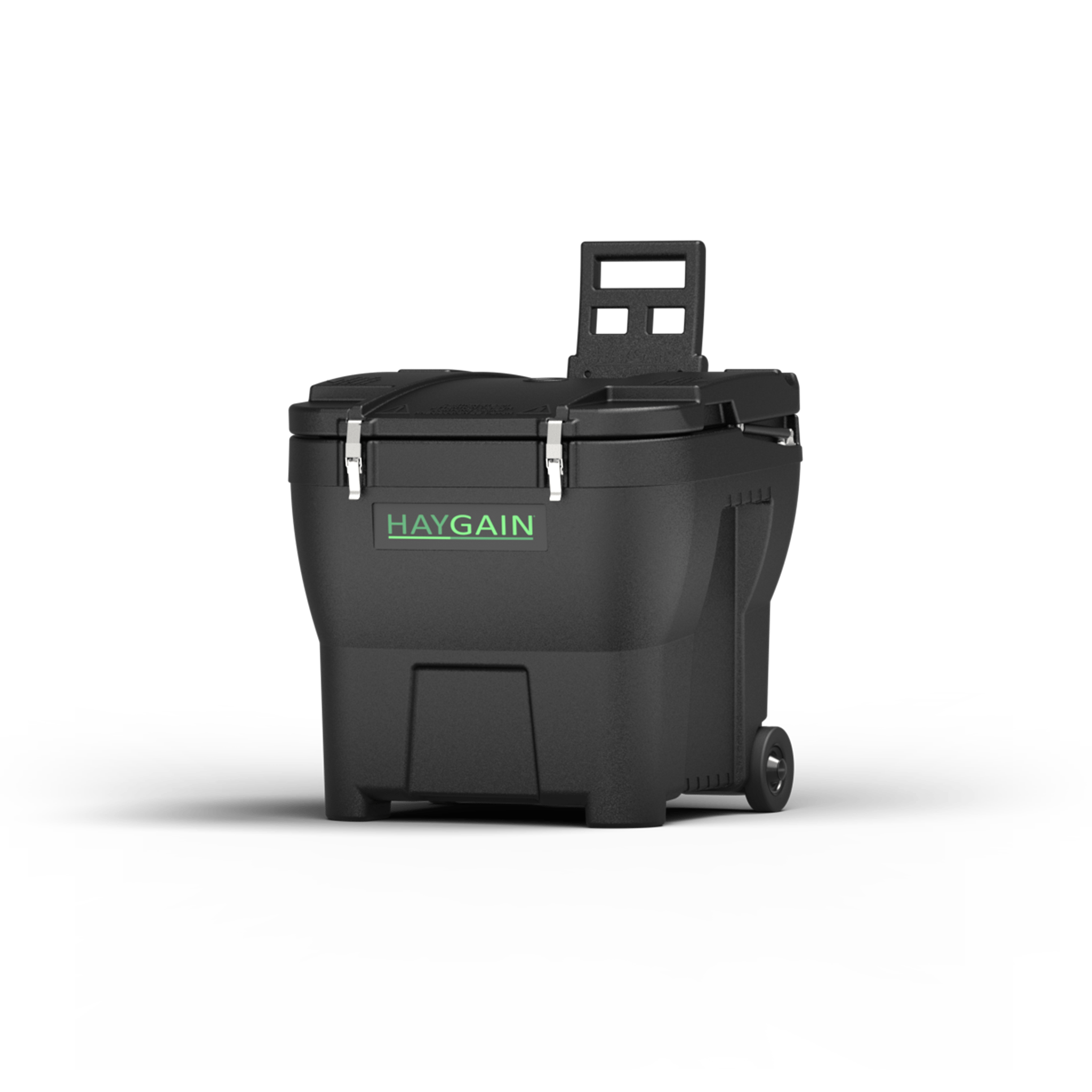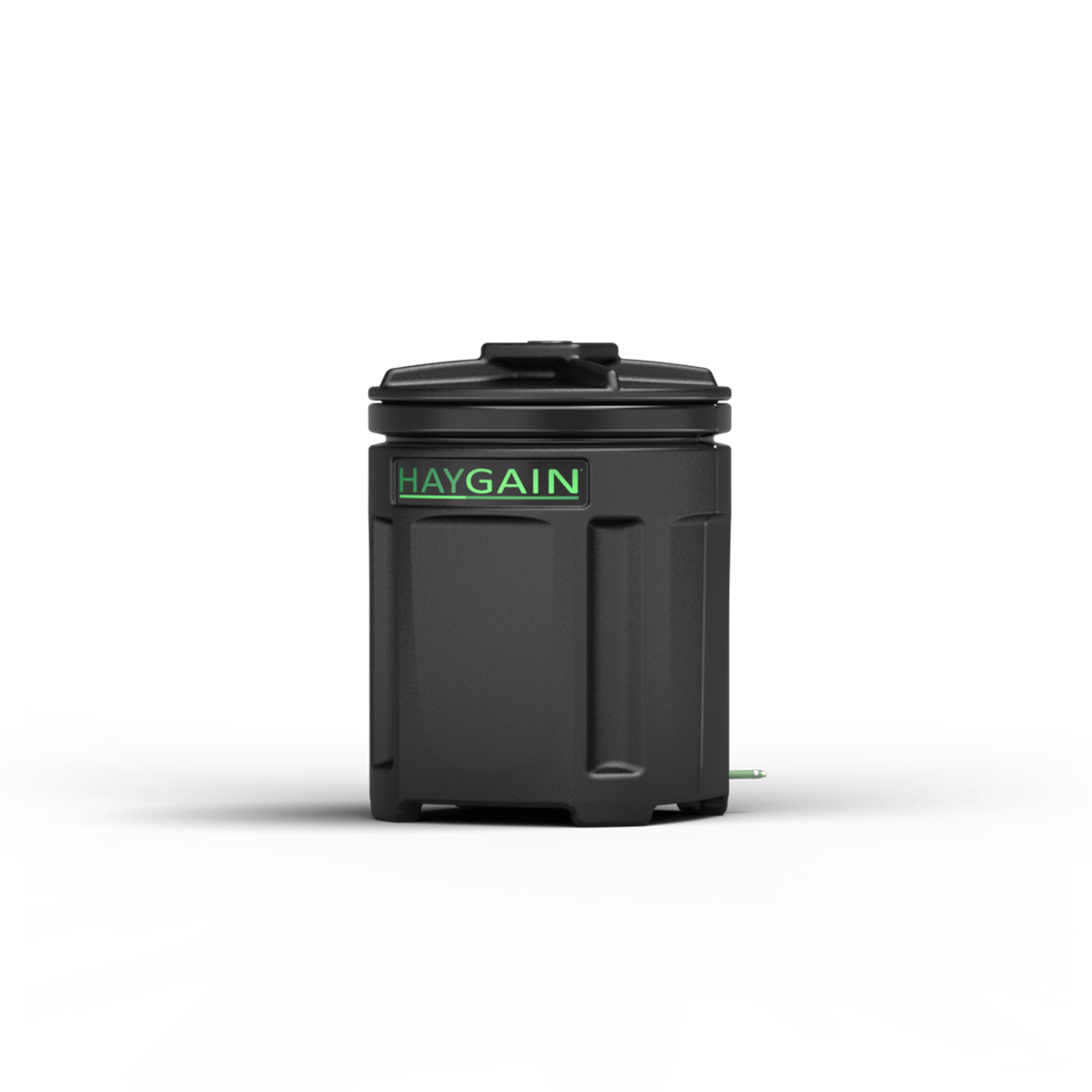22/01/2020
Feeding Forage and Avoiding Colic
The term colic essentially means abdominal pain, there are four main types: Impaction, Spasmodic, Tympanitic (gas) and Sand colic, episodes of which can range from very mild to life threatening. For the purpose of this article we will be focusing on how feeding forage can affect the risk for all types of colic.
By Kim Miller | Equestrian Writer
Make no sudden changes
Most risk factors for colic are centred around management and feeding practices. Dietary change tends to be the most commonly reported risk factor which would include changes in batch or type of forage (or concentrate) and management changes, such as time spent stabled vs in the field.
It’s important to note the risk of colic is significantly higher two weeks after a change in forage (or concentrate feed), with multiple changes throughout the year, increasing the risk further.
This emphasises the need to make any dietary changes S L O W L Y to allow the hind gut microflora to adapt. Introduce changes over at least 14 days and think of feeding the bugs of the digestive tract rather than the horse!!
"This emphasises the need to make any dietary changes SLOWLY to allow the hind gut microflora to adapt."
Feed plenty of fibre
Horses evolved as trickle feeders so their digestive tract relies on a steady flow of fibre. Along with fresh, clean water, fibre is a fundamental part of every horse’s diet. Grass and conserved forages such as hay and haylage contribute the largest proportion of fibre to the daily diet and is required at a minimum of 1.5 % live weight to keep the horse physically and mentally healthy and the digestive system working properly. Fibre helps maintain a healthy microbial population and pushes out any excess gas which sits in the gut helping prevent tympanitic colic. Fibre also retains water which will reduce incidence of dehydration, a risk factor of impaction colic.
"Consistently feeding plenty of clean, palatable forage can play a pivotal role in helping to prevent colic."
Feed good quality, clean forage
Consistently feeding plenty of clean, palatable forage can play a pivotal role in helping to prevent colic. Poor quality hay tends to be less digestible which can predispose to impaction colic. The hygienic quality is also important. While it is recognized poor hygienic quality forage adversely affects the health of the respiratory tract in horses, research by Kaya et al showed horses fed poor hygienic quality hay are significantly more susceptible to colic than those fed clean hay. Results from Hudson et al suggest that feeding hay from round bales increase the risk of colic in horses which may be because round bale hay is generally of poorer quality.
Steaming hay will improve the hygienic quality
Purifying forage using high temperature steaming from the inside out will improve the hygienic quality of hay and haylage by killing mold and bacteria. It’s important to note the advantages of steaming are only seen when the process is done properly using the spiked technology as seen in the Haygain hay steamers. Award-winning research first presented at the European Equine Health and Nutrition Congress and then included in the Journal of Equine Veterinary Science demonstrated that steaming in a bin by pouring a kettle of boiling water over the hay, or indeed using a wall-paper stripper to produce steam, does not significantly reduce bacteria or mold in the hay but in fact acts as an incubator and increases the bacteria content of the hay, thus reducing the hygienic quality.
"Steaming re-hydrates the hay, increasing the moisture content which will help avoid dehydration."
Furthermore, these processes only reduce respirable particles by 30-40%, compared to up to 99% when steamed in a Haygain. In addition, steaming re-hydrates the hay, increasing the moisture content which will help avoid dehydration. Find out more about colic and dehydration here. Some vets find steamed hay useful for post-colic cases. Stephanie Davis explains in more detail in this two part article on colic.
Take home messages:
Feeding plenty of good quality, clean forage with no sudden changes to the diet will help reduce the risk of colic. If you suspect your horse has colic, call your vet immediately.
TRENDING ARTICLES
-
BEFORE YOU GO
Get the Haygain Newsletter
Subscribe for the latest news, health advice, special offers and competitions. Fill out the form at the bottom of this page.
